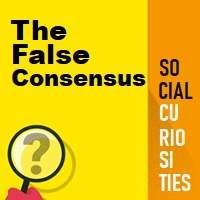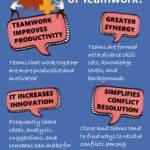
False Consensus Effect
The false consensus bias is the tendency to see our own attitudes, beliefs and behavior as being typical, correct and normal. The phenomenon of effect centralizes on people’s tendency to project their way of thinking onto other people, thinking other people think the same way as they do.
This logical fallacy may involve a group or just a sole individual that assumes their own set of opinions. The beliefs and impressions are more prevalent amongst public than they actually are.
Psychologists have often attributed the false-consensus effect to a desire to view one’s thoughts as appropriate, normal, and correct.
False Consensus Experiment
In the 1977, Stanford University social psychologist Lee Ross and his colleagues performed some eye-opening experiments. The researchers had participants choose a way to respond to an imagined conflict and then estimate how many people would also select the same resolution.
In the study, participants were asked to read about situations in which a conflict occurred and then told two alternative ways of responding to the situation. They were asked to do three things:
- Guess which option other people would choose
- Say which option they themselves would choose
- Describe the attributes of the person who would likely choose each of the two options.
The results evidently showed that most of the subjects had thought that other people would do the same as them, regardless of which of the two responses they actually chose themselves. This validates the phenomenon of false consensus effect, where an individual thinks that other people think the same way they do when actually they often don’t.
Another observation that emerged from the study is that when participants were asked to describe the attributes of the people who will likely make the choice opposite their own, subjects made extreme predictions about the personalities of those who didn’t share their choice.


